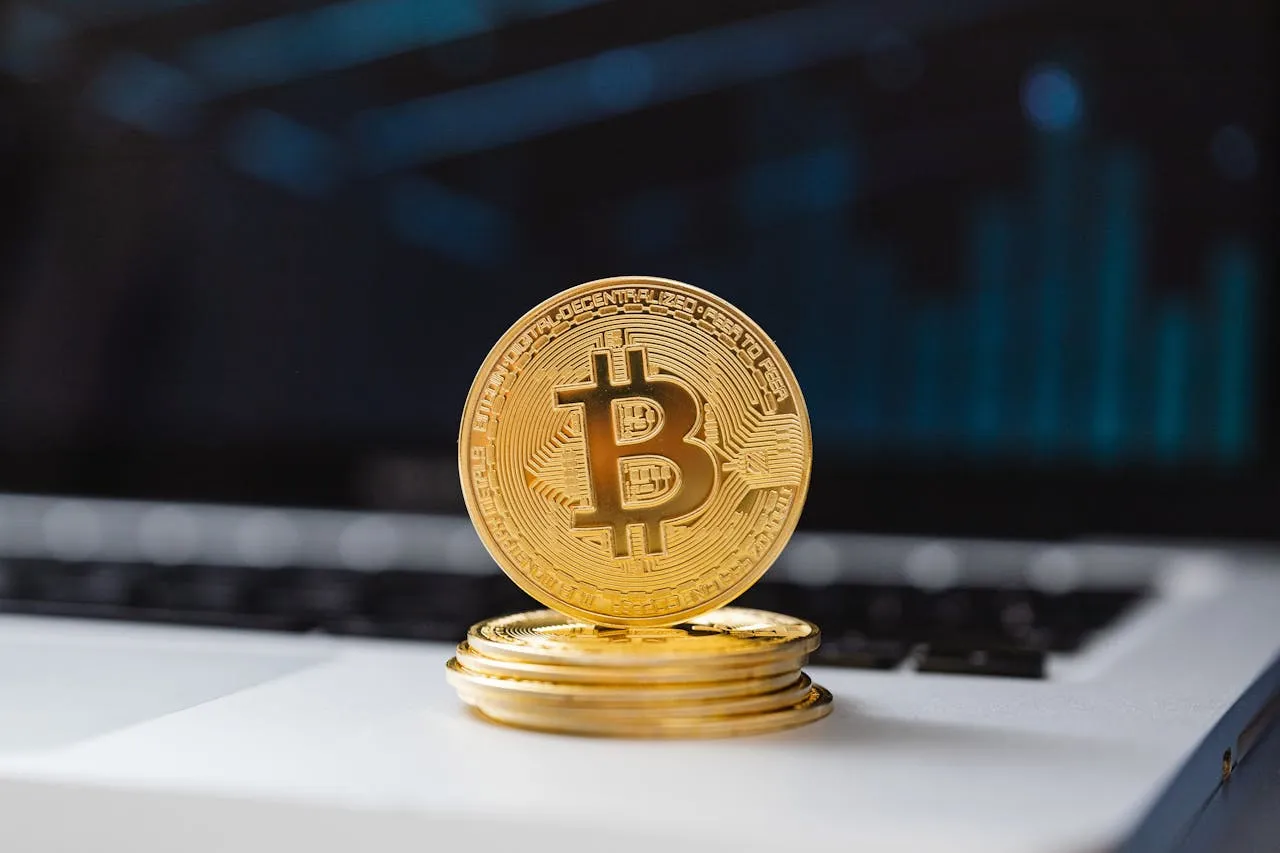Blockchain technology is increasingly being recognized for its potential to transform supply chain management by enhancing transparency, traceability, and efficiency. As global supply chains become more complex and interconnected, the need for robust systems to track and verify the movement of goods and information is more pressing than ever. Blockchain, with its decentralized and immutable ledger, offers a promising solution to address many of these challenges.
At its core, blockchain is a distributed ledger technology that records transactions across a network of computers in a secure and transparent manner. Each transaction is grouped into a "block," which is then linked to the previous block, forming a continuous chain. This structure ensures that all participants in the network have access to the same information, which is updated in real time and cannot be altered retroactively without consensus from the network. This inherent transparency and immutability make blockchain an ideal tool for enhancing supply chain management.
One of the key benefits of using blockchain in supply chain management is improved traceability. Traditional supply chains often involve multiple intermediaries and stages, which can make it difficult to track the origin and journey of goods. With blockchain, every step in the supply chain can be recorded on a single, immutable ledger. This means that all participants, from manufacturers and suppliers to retailers and consumers, can access a complete and verifiable history of a product's movement. For example, in the food industry, blockchain can be used to track the journey of produce from farm to table, helping to quickly identify and address issues such as contamination or fraud.
Another significant advantage of blockchain technology is its ability to enhance supply chain transparency. By providing a single source of truth, blockchain helps reduce information asymmetry and ensures that all parties have access to the same data. This can lead to more accurate forecasting, better decision-making, and stronger relationships between supply chain partners. Additionally, blockchain's transparency helps reduce the risk of fraud and counterfeiting. In industries such as pharmaceuticals and luxury goods, where counterfeit products can pose serious risks, blockchain can verify the authenticity of products and prevent the entry of fake goods into the market.
Blockchain also offers the potential to streamline supply chain processes by automating and digitizing transactions through smart contracts. Smart contracts are self-executing agreements with the terms of the contract written into code. They automatically enforce and execute the terms of an agreement based on predefined conditions. For instance, a smart contract could automatically release payment to a supplier once goods are delivered and verified, reducing the need for manual intervention and minimizing delays. This automation can lead to greater efficiency and reduced administrative costs.
However, the adoption of blockchain in supply chain management is not without challenges. Implementing blockchain requires significant changes to existing systems and processes, which can be costly and time-consuming. Additionally, the success of blockchain solutions depends on widespread collaboration among supply chain participants, which can be difficult to achieve. Issues related to data privacy and security also need to be addressed, as sensitive information is recorded on a public ledger.
In conclusion, blockchain technology has the potential to revolutionize supply chain management by providing enhanced traceability, transparency, and efficiency. Its ability to create a single, immutable record of transactions and automate processes through smart contracts offers significant advantages over traditional supply chain systems. While challenges remain in its implementation, the benefits of blockchain in improving supply chain integrity and performance make it a compelling solution for modern supply chain management. As the technology continues to evolve and gain adoption, it is likely to play an increasingly important role in shaping the future of global supply chains.





















